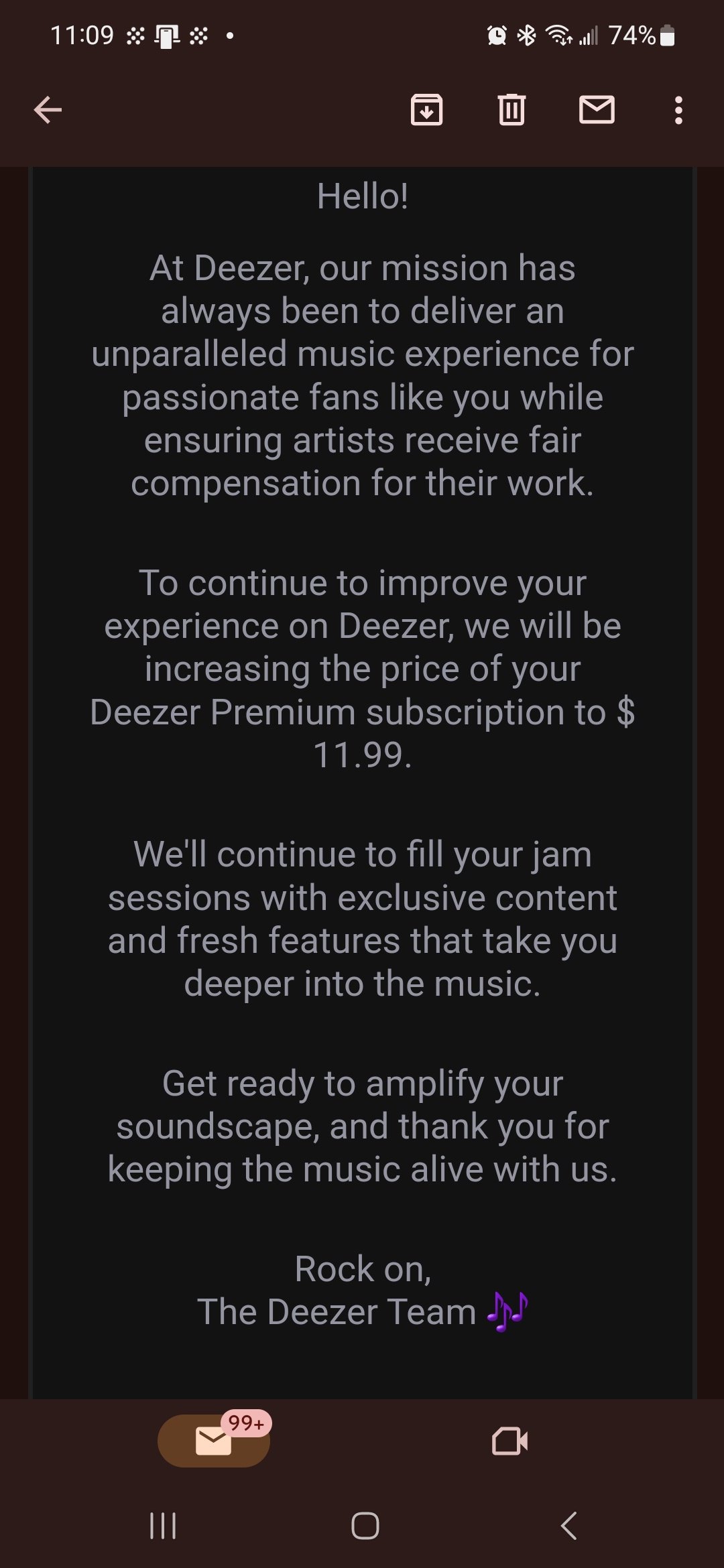this post was submitted on 17 Nov 2023
268 points (91.9% liked)
Piracy: ꜱᴀɪʟ ᴛʜᴇ ʜɪɢʜ ꜱᴇᴀꜱ
65040 readers
152 users here now
⚓ Dedicated to the discussion of digital piracy, including ethical problems and legal advancements.
Rules • Full Version
1. Posts must be related to the discussion of digital piracy
2. Don't request invites, trade, sell, or self-promote
3. Don't request or link to specific pirated titles, including DMs
4. Don't submit low-quality posts, be entitled, or harass others
Loot, Pillage, & Plunder
📜 c/Piracy Wiki (Community Edition):
🏴☠️ Other communities
FUCK ADOBE!
Torrenting/P2P:
- !seedboxes@lemmy.dbzer0.com
- !trackers@lemmy.dbzer0.com
- !qbittorrent@lemmy.dbzer0.com
- !libretorrent@lemmy.dbzer0.com
- !soulseek@lemmy.dbzer0.com
Gaming:
- !steamdeckpirates@lemmy.dbzer0.com
- !newyuzupiracy@lemmy.dbzer0.com
- !switchpirates@lemmy.dbzer0.com
- !3dspiracy@lemmy.dbzer0.com
- !retropirates@lemmy.dbzer0.com
💰 Please help cover server costs.
 |
 |
|---|---|
| Ko-fi | Liberapay |
founded 2 years ago
MODERATORS
you are viewing a single comment's thread
view the rest of the comments
view the rest of the comments


I assume this will have to be a streaming service, as opposed to a download service for various reasons. Here are some points related to it:
Skype (the video/voice call and chat application) used to be federated in a similar way on desktops until late 2000s. Users with available bandwidth were treated as nodes. People even reported, that sometimes, whenever Internet wasn't working, Skype was the only thing that continued to work — because someone on the same network was a node at the time and their Internet was working.
This all broke down due to the advent of mobile devices. Phones cannot be used as such nodes for traffic. Nobody was going to put up with Skype draining both your data (if your tariff/contract has data limit) and your phone battery. This feature of Skype is long gone now.
Similarly, too many people are using Spotify on the go. People would have to pay way more for using such a "torrented" service via phone apps.
The different nodes in such network will have vastly different bandwidth, which makes it more complicated to maintain a consistent stream (i.e. with not buffering, stuttering, etc). Regular BitTorrent downloads don't care, because they usually aren't streamed. However, it's possible to make BitTorrent downloads more favorable to streaming the content by forcing downloads of chunks of files in order.
The nodes in such service need to manage bandwidth for obvious reasons. They would also need to manage storage – the music, the audiobooks, and the podcasts need to be stored somewhere. Also, the nodes would need to manage CPU (or GPU or whatever) for encoding/reencoding/whatever. Managing resources (using them, allocating, throttling, deallocating) on a computer that you don't control is extremely hard, which is an additional layer of complexity. It is even hard on computers that you do control (this video explains why).
Apparently podcast apps Juice and Miro support BitTorrent, but I don't know anything about it. They download the whole thing, i.e. don't stream, as far as I can tell.
See also: